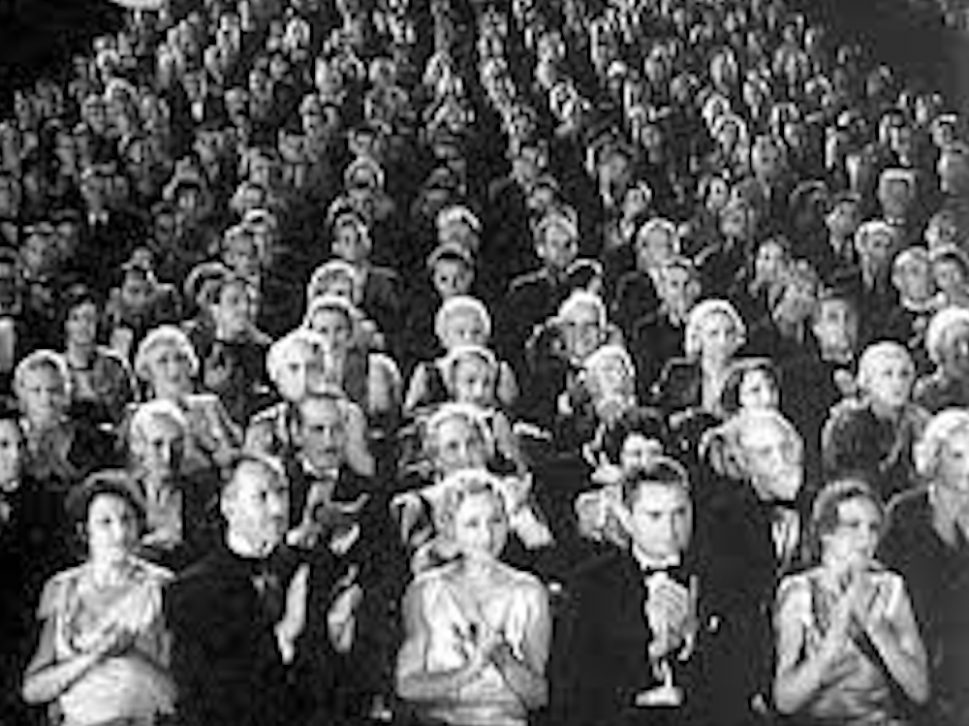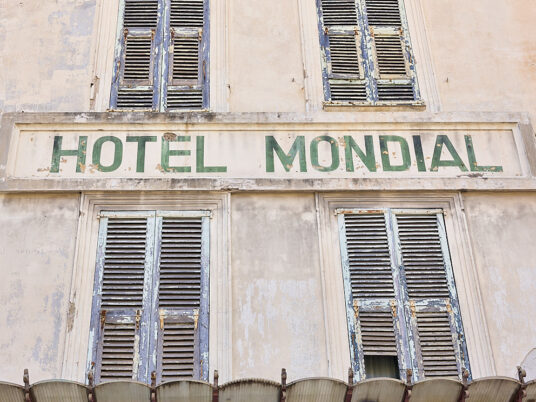Herbie Hancock and audience
Sun 17 Nov 2019, Barbican Hall.
(Part of EFG London Jazz Festival 2019)
“Wow. I am soo hot, I just want to fuck.” I was standing in the ladies toilets line and a strong voice sounded right behind me. The line stretched all the way into the Barbican Centre Level G foyer, towards the Martini Bar, that had attracted another big part of the after-show crowd.
Where had she just been? I wondered. Was there an erotic film series showing at one of the art cinemas? The giant concrete block has a multitude of different venues and even more entrance doors. There are always several shows going on at the same time.
“Should we go again next weekend? I’ll be back from New York on Friday,” she continued.
I turned around. Two women in their late twenties with a very urban professional look stood behind me. One of them was definitely hot, in a tight dress with an even tighter wide leather belt intensifying her curves. She was holding the EFG London Jazz Festival programme in one hand.
We had been at the same show: Herbie Hancock – one of London Jazz Festivals’ favourite headliners.
The line had moved ahead. My turn.
I didn’t get to sate my intrigue on what had aroused her at the concert. Was it the 79-year-old legend moving so vigorously around on stage with his keytar? Was it the much younger band member, guitarist Lionel Loueke, whom Herbie generously had put in the spotlight for major parts of the show? Someone sitting next to her in the sold-out Barbican Hall? Or was it the effect that the live experience had on her?
This was in the end of 2019. Pre-pandemic and before the Year of the Silent Audience.
Soon after, the concert world came to a sudden full stop. “The mysterious alchemy of a live show — of sharing the same vibrating air — can’t be replicated at home,” the New York rock music critic Jon Pareles wrote in an article way back in March 2020.
Musicians and venues searched for new ways to stay connected: Nora Jones recorded herself playing an upright in her apartment and posted it regularly on youtube. Ronnie Scott’s jazz club held live-streamed lockdown sessions with all its intimate cabaret-style booths vacant. Other venues tried imitating interaction with the audience through live twitter feeds splashed up on big screens at empty shows.
But the audience was silent. No live-streaming of clapping hands, bravos, whistling, or standing ovations. We were suddenly like trained dolphins who had their flippers tied up. Our performances were suspended. All we had left were clean, disinfected fingertips tapping on keyboards and phone screens: “Great show. Love from Sheffield.”
More than any other genre, jazz relies on a close connection between stage and audience. The jazz listeners don’t wait for the song to be over to applaud, they will break into the middle of a it and clap after a solo. There is an instant connection.
Herbie Hancock – with his over 50 years of stage experience and a strong Buddhist belief – knows it better than few others: “When I look at the audience, I see the other members of the band, ” he said in an interview for the Philadelphia Inquirer two years earlier: “They or you have an effect on what we do. They become part of the work.”
On the stage of the Barbican Hall he took his words to action. On Come Running To Me, he ended the song singing through a vocoder “I’m no good without…… you” looking directly at us, the audience.
The grand finale was the genuine jazz hits Cantaloupe Island and Chameleon, a final treat from Herbie Hancock to the audience for having followed him and his young players in a voyage towards the future, free from any fragment of back-catalogue nostalgia.
And then it was our turn. The applause was roaring and lasted for a long time. It was our moment to express our gratitude: thanks Herbie for all the music and for being such an inspiration.
When leaving the Barbican Centre through one of the innumerable exit doors we had all been transformed in each our way. Enlightened, moved, energised – or just very hot.
A RECCOMENDATION: Herbie Hancock: Possibilities. An inspiring autobiography, co-written with Lisa Dickey. The audiobook version is beautifully read by Herbie. It is the story of his life and career (so far) with a strong message on never to fear change, but embrace it. Read it – or listen to it.



